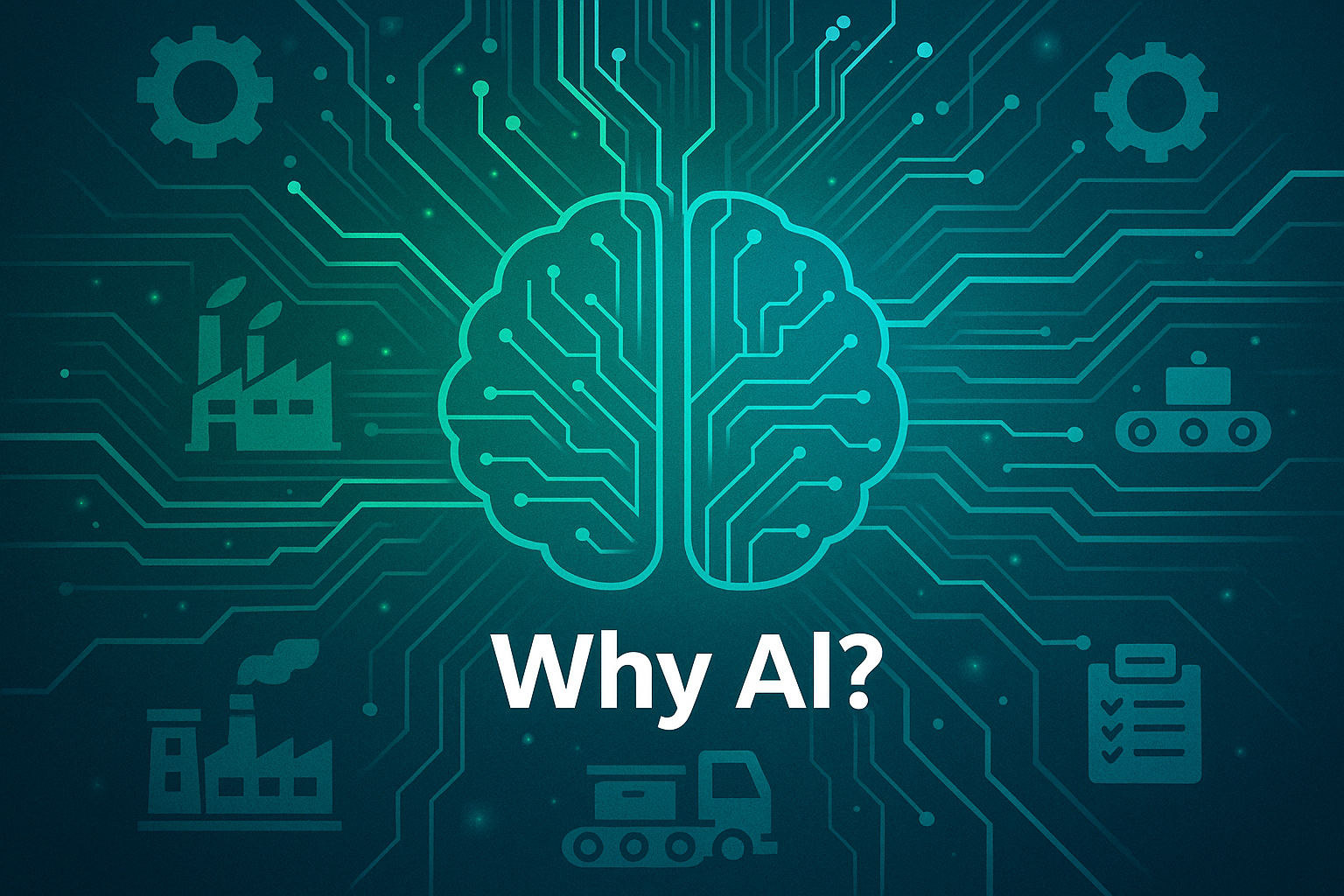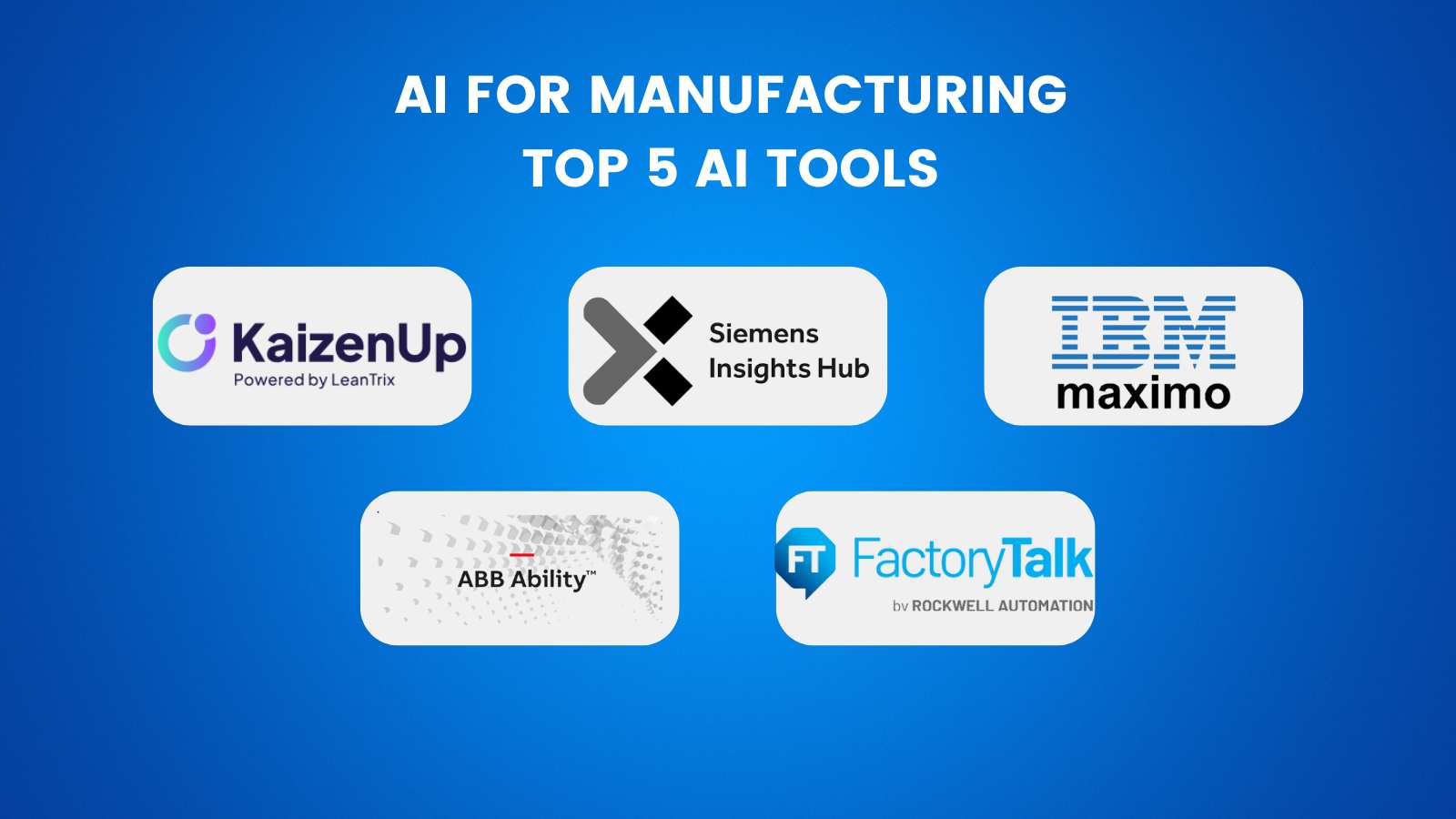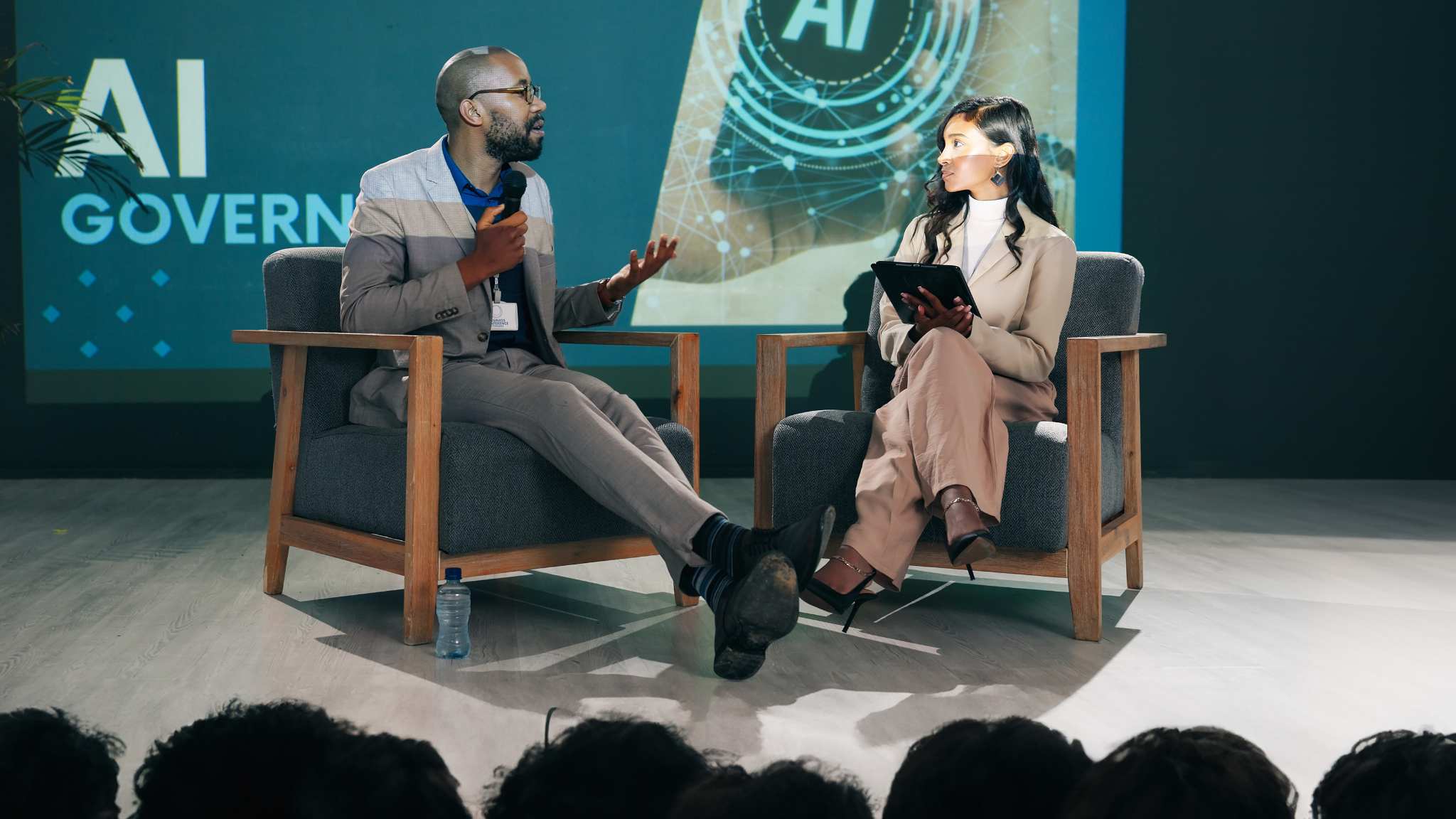Blockchain Meaning. In contemporary conversations, Blockchain and Artificial Intelligence are frequently mentioned topics. For those new to the subject, let’s delve into Blockchain. Blockchain consists of a series of records, known as blocks, that are interconnected. This connection is achieved through a special encryption method called cryptography. These blocks are sequentially linked to create a blockchain. Each block includes a cryptographic hash of the preceding block, a timestamp, and clear transaction details.
The concept of Blockchain was developed by a person or group known as ‘Satoshi Nakamoto’ in 2009, primarily as a public transaction ledger for the cryptocurrency ‘Bitcoin’. Blockchain is characterized by its decentralized, distributed, and transparent nature in recording data across a computer network. In this system, records are public yet secure, making data theft or alteration nearly impossible. The database is managed by a peer-to-peer network along with a distributed timestamping server, which disperses the data across the network, hindering hackers from accessing all data in one location. Additionally, blockchain technology prevents repeated transactions over the same network, thereby avoiding ‘double spending’. This technology has significantly impacted the market dynamics of major global economies.
Table of Contents
ToggleHow it operates
Blockchain is notable for having ‘no transaction costs’. In processing a transaction, a user creates a ‘block’, which is then validated by numerous computers within the peer-to-peer network. Once verified, this block is added to a chain, forming a distinct record with its own history within the network. If a block’s data is tampered with, it would need to pass through the entire blockchain’s verification process, which is nearly impossible. The authenticity of the final block data remains intact. Therefore, blockchain is a secure and reliable method for information transfer, surpassing traditional data security measures.
Blockchain Meaning
Blockchain’s cost-effective approach extends beyond just ‘cryptocurrency’. It has versatile applications, particularly in transactional areas.
Benefits include:
- No transaction costs;
- Enhanced security and transparency.
For instance, in a sale, the seller can transact without incurring credit card fees or other expenses. The funds transfer directly from buyer to seller. Blockchain technology is also challenging the role of intermediaries in business, potentially eliminating their involvement and associated costs. Companies such as Uber, Lyft, Trivago, Zomato, and even Amazon might be affected by this technology. An open-source platform could connect service providers directly to customers, bypassing the need for intermediaries. While there are still operational costs, mainly for server maintenance, they are minimal compared to the current system’s capital expenses.
Blockchain and legal aspects
Blockchain’s rise, particularly with Bitcoin, has led to increased attention. Several Southern European countries, including Cyprus, France, Greece, Italy, Malta, Portugal, and Spain, have committed to promoting blockchain. Countries like the USA acknowledge the need for blockchain regulations, though formal laws are not yet in place. Belarus was the first country to establish a regulatory framework for blockchain in 2017. Smaller countries may adapt more quickly to blockchain, potentially impacting intermediary incomes and leading to rapid blockchain system development. In India, concerns have been raised about blockchain’s economic implications. The Reserve Bank of India banned virtual cryptocurrencies but is interested in adopting blockchain technology for the Indian Rupee.
Legal profession applications
Blockchain could transform legal practices, especially in information storage. ‘Smart Contracts’ are a key feature, automating contract execution without human intervention. This includes the automatic distribution of profits among beneficiaries or partners. Blockchain technology could soon require legal professionals to acquire knowledge in this field.
Blockchain in India
Despite Bitcoin’s popularity, the RBI has banned cryptocurrencies due to associated illegal activities. The ‘dark web’ operates outside regular search engines and is known for illegal content. Decentralized payment networks could facilitate unlawful activities, hence the ban. However, the ban aims to protect the public from economic bubbles.
Conclusion of Blockchain Meaning
Blockchain Technology demands comprehensive regulation in India. Focusing on its legal applications, like smart contracts, can mitigate intermediary unemployment. Companies and startups are exploring innovative blockchain uses beyond financial services. Research by Prince Malik, a student at IP University and a Student Researcher with Corp Comm Legal.
Close to 3 decades' experience in advising on M&A, Joint ventures, Private Equity, Venture Capital, Startups, Technology transfer, External Commercial Borrowings, Corporate / Commercial contracts, Due Diligence for acquisitions, Entry Strategy for international ventures, Corporate Structuring, Regulatory Approvals, Corporate / Commercial Advisory, Commercial litigation, IPR. Collaborating with law firms across the Globe for reciprocal business referrals on a non-exclusive basis under 'Global Business Lawyers' League (www.gbll.in).







